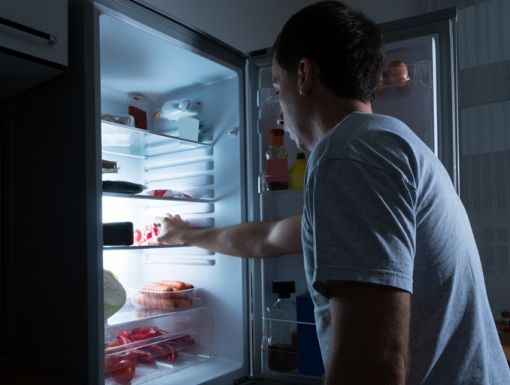
What Do Food Expiration Dates Really Mean? Do I Need to Follow Them?
If the Food Says “Use By”
Consider the “use by” date mostly a hard-and-fast rule: it’s the date by which time you will want to have eaten the food. Though consuming food after its use-by date doesn’t automatically mean you’ll get sick, it’s best to avoid it because its freshness (and safety) will have declined. If an item is getting close to its use-by date, you can usually extend its shelf life by placing it in the freezer.
If the Food Says “Sell By”
The “sell by” date is just that: a date to help retailers know when something should ideally be sold. Sell by dates exist to make sure items don’t remain on the shelf too long, but you can still consume them at home. The Institute of Food Technologists, a food science and safety group, suggests that foods still have a third of their shelf life after the sell-by date.
If the Food Says “Best By”
The “best by” date is just a suggestion to help consumers eat a food at its peak freshness. Within reason, if something is past its best by date, it is still safe (and tasty) to eat.
Tips and Tricks
- Store bread in the fridge or, better yet, the freezer to extend its shelf life.
- Are your eggs past their date? They still might be good. Place an egg in a glass of water – if it sinks, it’s usable. If it floats, toss it. Floating indicates a buildup of sulfur gases inside the egg.
- Apples can be stored fresh in the fridge for three weeks or cooked in the freezer for up to eight months.
- Store potatoes with apples to keep them from sprouting. Apples release ethylene gases that prevent potatoes from sprouting.
For more information on food shelf life guide, visit StillTasty.
If you are suffering from symptoms of food-borne illness, visit your closest Ochsner Urgent Care or have a virtual visit through Ochsner Connected Anywhere.



